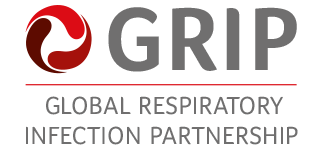Background
Background
Introduction
In 2015, the GRIP partnership met to establish the global status of antibiotic resistance and recognise the local challenges in each country. The aim of the meeting was to assess the progress of GRIP and the success of previous initiatives, and to discuss possible solutions to target the specific challenges facing each country. The group also aimed to determine a focus for 2015 activations.
Chair of the meeting, Professor Oxford gave an insightful overview on the diminishing usefulness of antibiotics and the ongoing global challenges surrounding their stewardship.
The resolutions put forward by Dame Sally Davies (UK Chief Medical Officer), who has called for global action on antimicrobial resistance (AMR) to antibiotics, were presented. Professor Oxford highlighted the need for the involvement of global organisations supporting the cause – “Her task is to get the World Health Organisation behind them, because without them it’s not going to move anywhere”. The action plan contains four main resolutions:
- “Global action on AMR – preparing for the diminishing usefulness of antibiotics and antivirals”
- “Push to agree on a global plan for AMR research, surveillance and action, and for this to be passed by the World Health Assembly with overwhelming support”
- “Advocate laboratory surveillance of drug-microbe combinations and antibiotic-stewardship programmes – at the local, national and regional level”
- “Practice what I preach in 2015 – the need to increase one’s own physical fitness”
Another point of discussion was the new discovery of teixobactin – an antibacterial isolated from a bacterium that has not previously been cultured. Professor Oxford noted that while the discovery is exciting – “they’re pushing it forward as a potential for a resistance-free antibiotic” – it could be many years until this antibiotic is available for clinical use. He emphasised that it is vital that we protect the antibiotics we presently have as it may be many years until new antibiotics are approved for clinical use.
“There are new discoveries which will eventually provide us with new antibiotics, but that isn’t to say that we don’t need to look after them properly and that requires changes at many levels.”
“[Dame Sally Davies’] task is to get the World Health Organisation behind them, because without them it’s not going to move anywhere” Prof. Oxford
